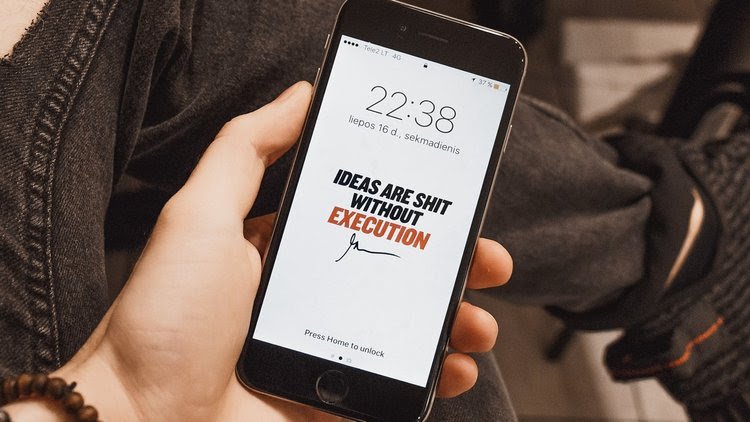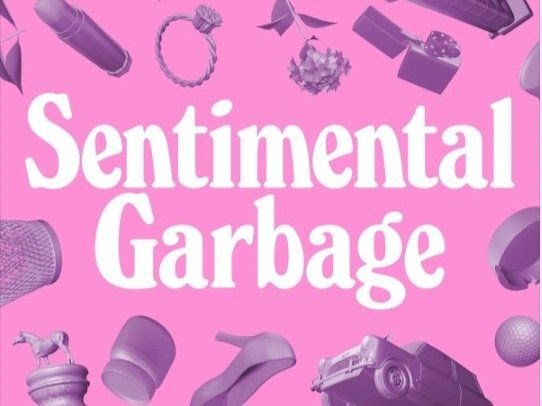Is execution your focus?
How are your getting stuff done muscles going?
Execution vs Expression
Execution is about being effective and implementing actions that support your D&I goals vs doing things that could be considered “all talk, with little action” – what I am calling expression.
In our diversity and inclusion work it can be hard to get budget and hard to get initiatives approved and executed. In the book The 4 Disciplines of Execution, the authors talk about strategy (or plan) vs execution. While both are the role of a leader, executing is the hardest. Why? Because we often try to achieve too many goals and the day to day “whirlwind” gets in the way. To be a successful D&I leader we need to be able to plan AND execute.
One of the things I have seen well executed are sponsorship programs for underrepresented people. Sponsorship programs pair a protégé with someone usually more senior that has a voice at decision-making tables, is able to champion their protégés for promotions and critical opportunities when they are not in the room, and provide “air cover” for the less experienced individual to take risks.
Research from the Centre for Women and Business at Bentley University found that when women (and this would apply to other underrepresented groups) have a sponsor they are just as likely as men to be promoted, are 27 percent more likely than those without sponsors to seek a raise and 22 percent more likely to seek ‘stretch assignments’ that build their leadership experience. Bentley University research also found that Studies show that intersectional women with influential mentors are more likely to feel committed to their organisations and are less likely to leave.
I have now seen two sponsorship programs executed, one for women and one for other underrepresented groups. The results from the first increased women in a regional leadership team from 1 to 3 during a 12 month period. The later showed that nearly half of the proteges had expanded responsibilities in their roles after the first 8 months of the program.
Compare this to expression – lots of talk but maybe not much action. Sometimes we see this in events, like ones run for International Women’s Day, Pride Month or Black History Month. These events are usually very well intentioned and aimed at highlighting issues, but do they make a difference?
These events can be successful if they connect people to stories to help them understand another’s experience in the world, or if they ask people to do something differently as a result, or maybe if they communicate priorities, actions and results.
Some examples could be - Do they help people transition to Allies and Advocates gain commitment, build community and engage those in power. Does it help people feel included and heard?
Lisa xx
Like you’re gunna like what we have this week
Learning about the word “like”, workplace incivility and one way to move your career into diversity and inclusion….
Like do you use the work like? Like a lot?
Such as interesting listen on the word “like” which teenage girls have been critisized and parodied for decades. But where did it actually come from and did you know there are 6 versions of the word that make it so useful?
Have you heard the term “workplace incivility”?
I certainly hadn’t. It’s low level deviant behaviour which harms efforts to build a culture on mutual respect and inclusion, and apparently it’s on the rise.
Want a career in D&I?
There are so many ways to work in diversity and inclusion and many career paths to get there. Jordana Sawtell tells her story on how she came to lead D&I for APAC & EMEA for a large multinational (and she’s killing it!)




